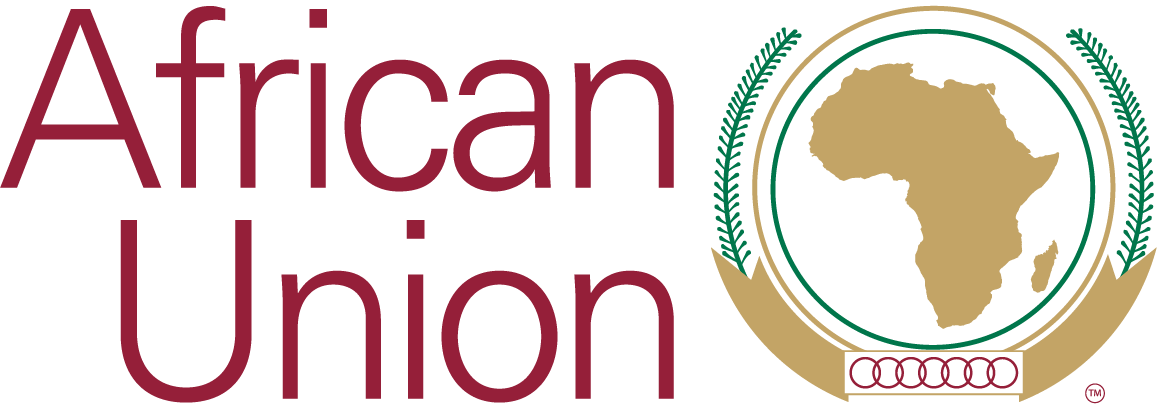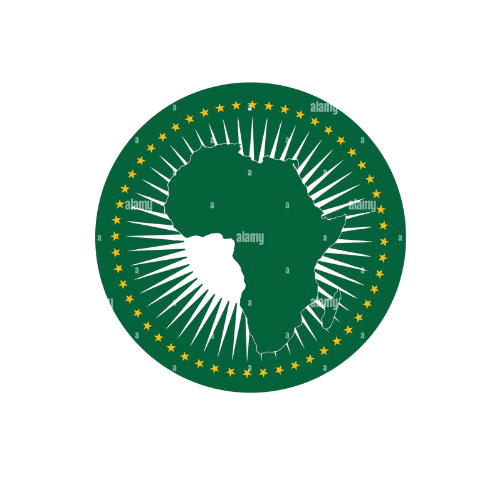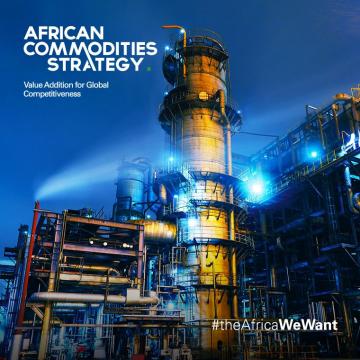


Stay updated with our latest activities, announcements, and stories across Africa.

The payment of reparations, including reparatory justice, for historical crimes and mass atrocities committed against Africans and people of African descent has always been part of the priorities of the Organization of African Unity (OAU), now the African Union (AU) since the inception of the OAU in 1963.
The OAU officially inaugurated the 12-Member Group of Eminent Persons(GEP) at a meeting in Abuja, Nigeria on 28th June 1992. The mandate of the GEP was to develop a political agenda and review the issue of reparations in relation to the damage done to Africa and its Diaspora by the trans-Atlantic slave trade, slavery, colonialism and neo-colonialism. The First Pan-African Conference on Reparations, sponsored by the GEP and the Commission for Reparations of the OAU, as well as the Federal Government of the Republic of Nigeria, was convened from 27th – 29th April 1993 in Abuja, Nigeria. The outcome document of the conference is the Abuja Proclamation on Reparations. The Abuja Proclamation represented a key moment in the contemporary history of African reparations efforts, because it served as a catalyst for revitalizing reparation movements, and was the first common position taken by the political leadership of Africa. The AU joined the United Nations (UN) at the World Conference agai
Aspiration 1
Achieving sustainable development, poverty eradication, and improved living standards across Africa.
Aspiration 2
Fostering free movement of people, goods, and services for a united and borderless Africa.
Aspiration 3
Promoting democracy, respect for human rights, justice, and the rule of law in African institutions.
Aspiration 4
Silencing the guns by promoting peace, justice, stability, and post-conflict reconstruction across Africa.
Aspiration 5
Preserving African identity, traditions, languages, and creative industries as catalysts for unity.
Aspiration 6
Harnessing the potential of Africa’s youth, women, and diaspora to drive change and innovation.
Aspiration 7
Showcasing Africa as an influential, resilient, and respected global player on the world stage.
Get Insight on Agenda 2063
Watch the official short film on Africa’s roadmap to prosperity and unity.
The foundational strategic document outlining Africa’s 50-year transformation plan — adopted by AU Heads of State in 2013.
This document details targets and priority areas for the first 10 years of Agenda 2063 (2014–2023).
An annual evaluation of the progress made by Member States, RECs, and AU Organs towards Agenda 2063 goals.
An overview brochure summarizing the vision, aspirations, and flagship projects under Agenda 2063.
Highlights key transformative projects such as the African Continental Free Trade Area (AfCFTA), African High-Speed Rail, and Single African Air Transport Market.
A newly released update showcasing regional progress across goals, gender inclusion, and youth empowerment strategies in 2024.